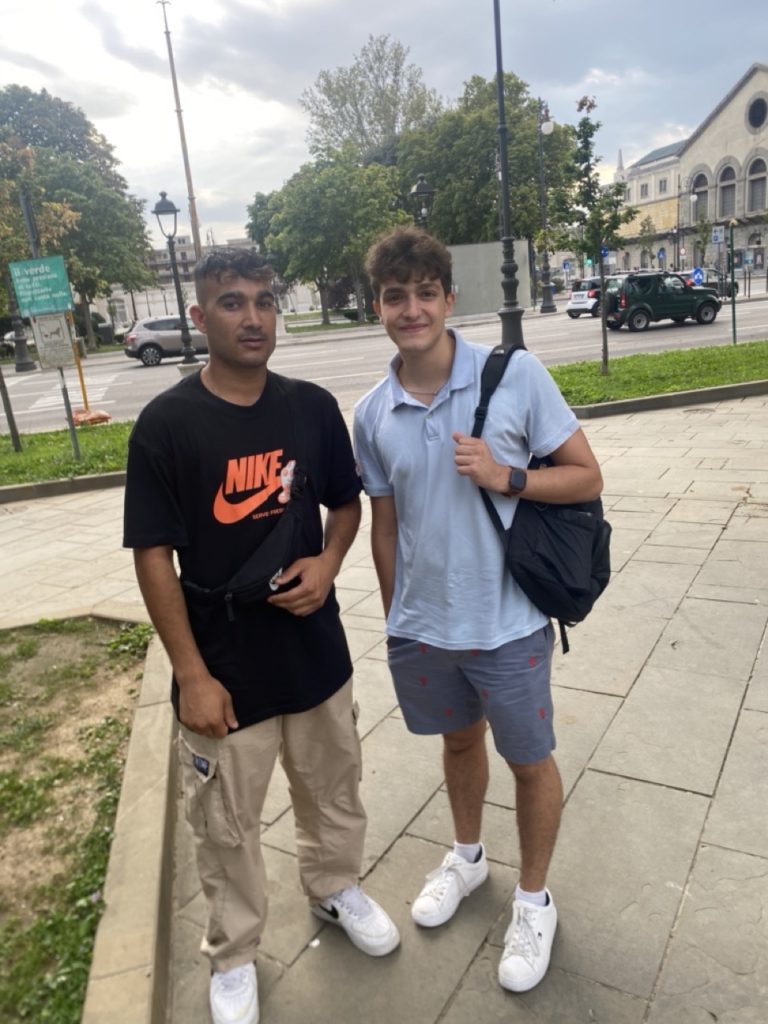Last week, a patient arrived at our clinic presenting a deeply concerning injury. At first glance, his nearly absent tricep, seemingly the consequence of an unsuccessful surgery, propelled me into a series of rapid assumptions about the quality of care he had received. Guided by my cultural and professional expectations, I mistakenly surmised this as a clear case of medical neglect. I even wondered if he might have received inadequate treatment in another country en route to Italy. Little did I know, the truth was that he had tried to self-care for a gunshot wound.
But as I delved further into his medical background, a distressing story came to light. This wasn’t merely a surgical oversight; it bore testimony to a gunshot wound he endured during his difficult journey to Italy. The scar became a silent testament to the traumas many refugees face. Realizing the depth of his trauma, both emotional and physical, weighed heavily on me. My initial view was constrained, focusing primarily on the external injury. However, deeper reflection revealed that my initial biases had clouded my understanding. The methodology emphasized recognizing the broader context of each patient’s experiences, rather than just their obvious symptoms.
Upon introspection, I found myself grappling with intense feelings of empathy and remorse. Empathy, recognizing the profound physical and psychological anguish he had been subjected to, and remorse for my premature judgments. Now, when I look back, I am filled with gratitude for the invaluable lessons learned and the evolution of my patient care approach.
When consulting with the lead physician, he highlighted the importance of comprehending the origins and implications of such injuries. His expertise illuminated not just the tangible effects of the wound but also the psychological implications. This newfound knowledge has refined my approach, making me more receptive to the subtle stories that patients might bring with them, ones that might not be instantly evident.
The D.I.V.E. methodology (Describe, Interpret, Verify, Evaluate) has been transformative in my professional journey. It champions introspection and a comprehensive evaluation of circumstances, preventing hasty judgments. I am committed to incorporating it into my professional interactions, whether they be routine or as intense as this one. Moving forward, I know that I will be able to utilize my experiences in the clinic such as this one to cultivate a more informed and compassionate approach to patient care.

The above photo is of one of my Italian students and I after seeing me walking through the city. Yesterday, he had stopped me to express his gratitude for having the ability to sustain conversations in a language completely foreign to him a couple months back. He further wanted to take a picture with me so he could remember his journey seeking to settle down and assimilate to his new life living in Italy.
